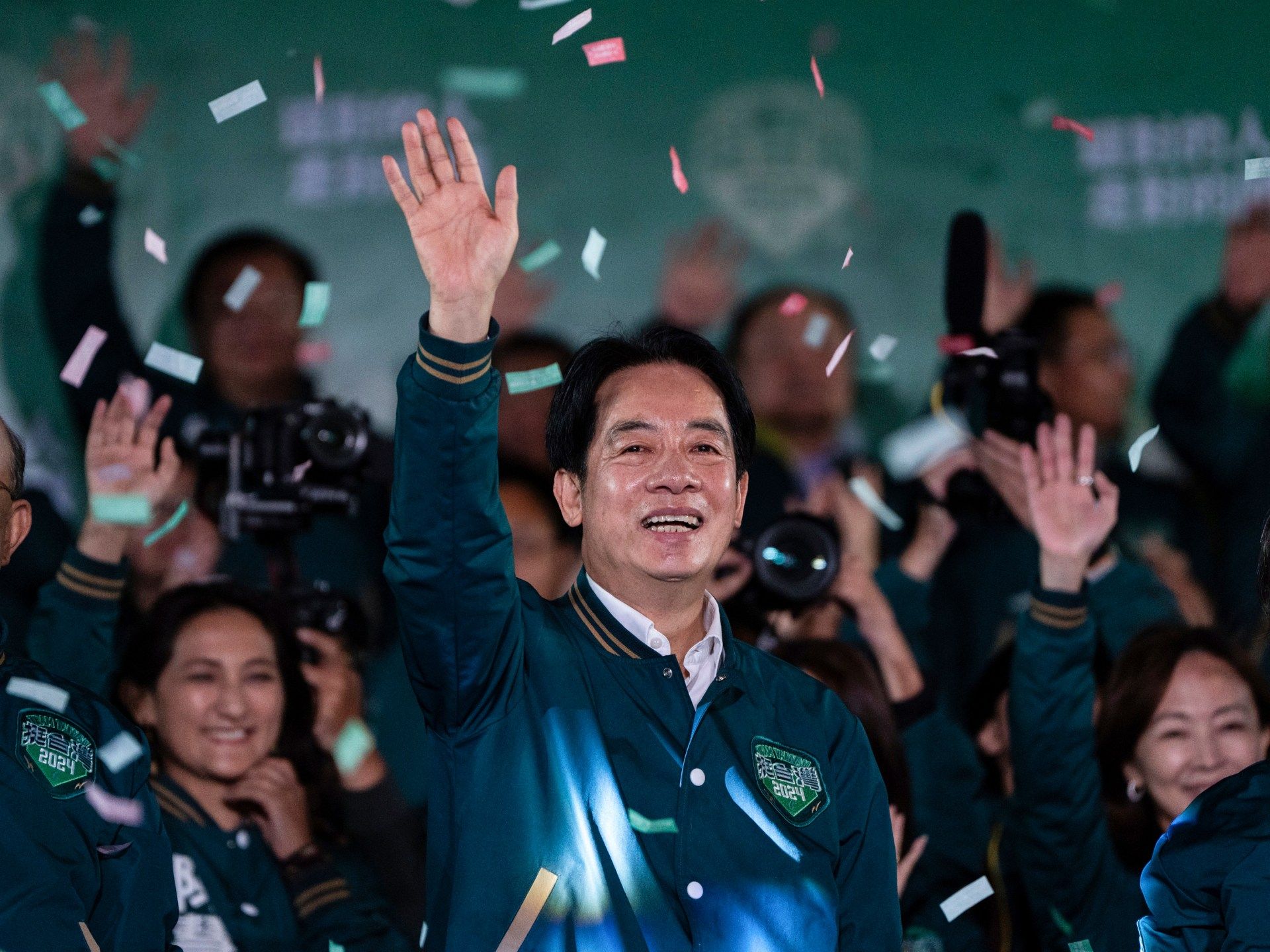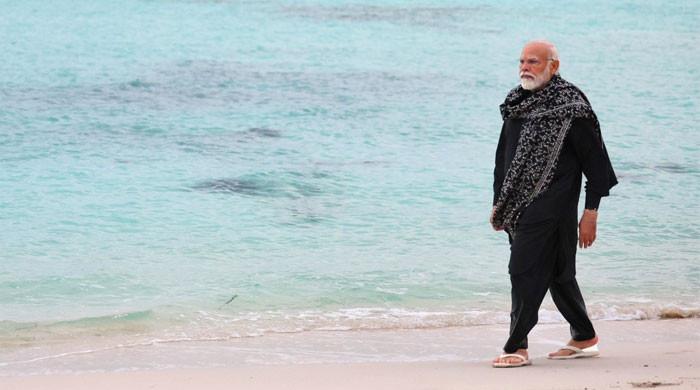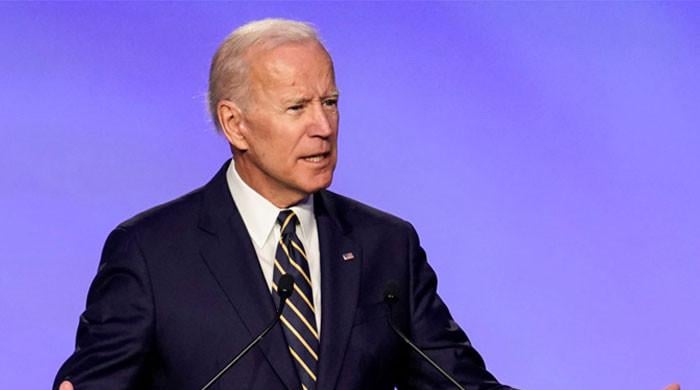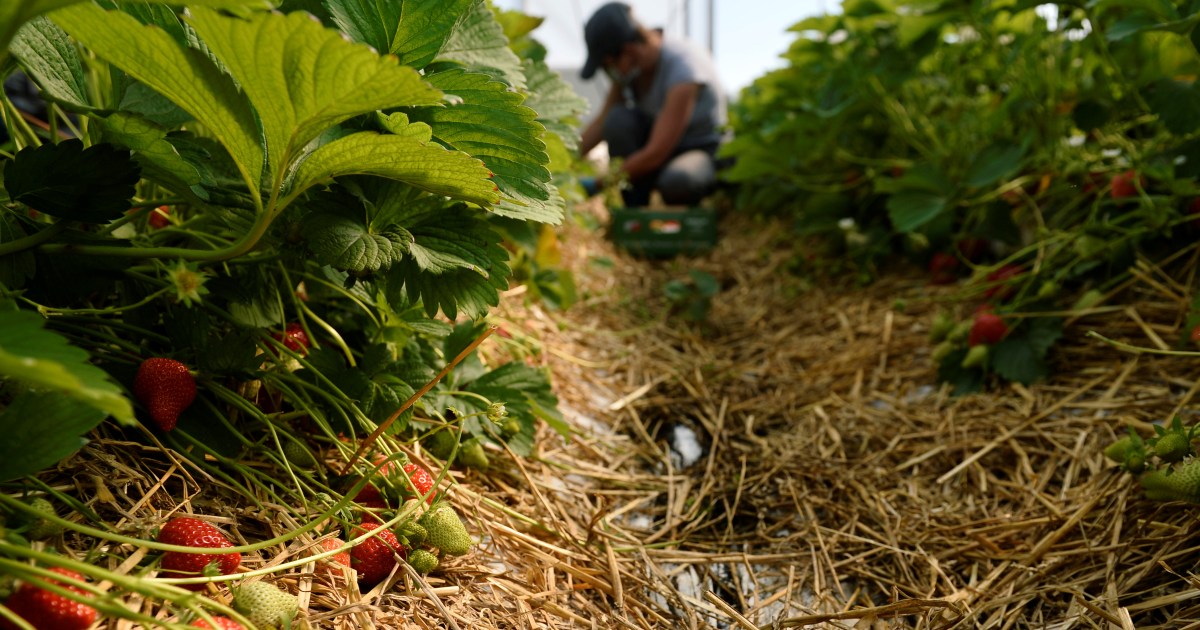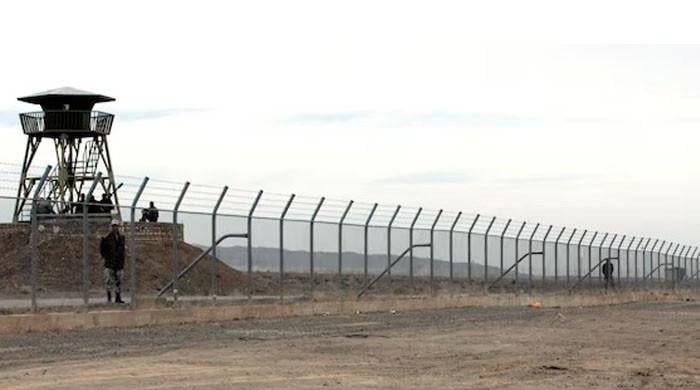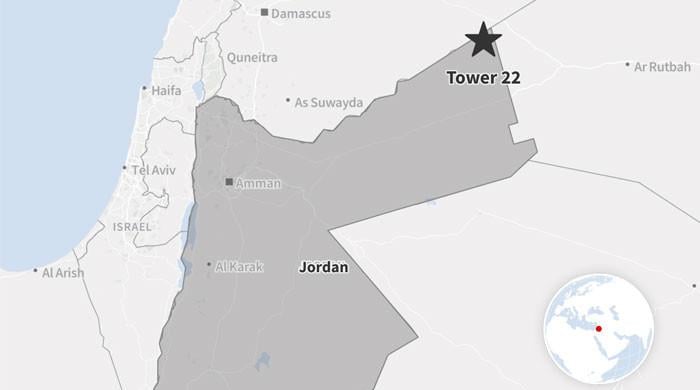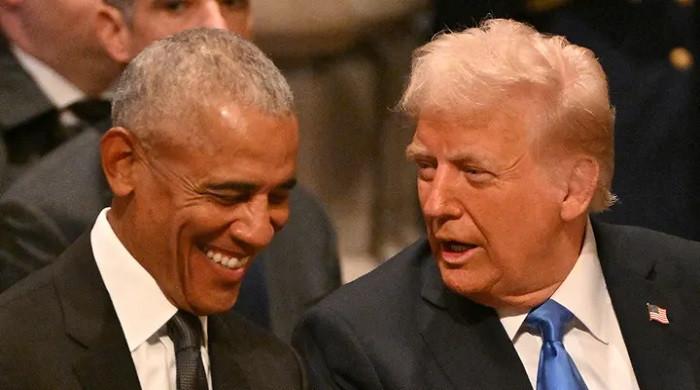Taipei, Taiwan – William Lai Ching-te will be sworn in on Monday as Taiwan's sixth democratically elected president, a role in which he is expected to continue leading Taiwan in the same direction set by his predecessor Tsai Ing-Wen.
Lai's victory at the polls in January marked a narrow but unprecedented victory for the Democratic Progressive Party (DPP).
Since Taiwan transitioned to democracy in 1996, the DPP and its closest rival to Beijing, the Kuomintang (KMT), have changed power every eight years, but Lai's victory broke with that tradition when the DPP won a third term.
Tsai's vice president, Lai, will have big shoes to fill.
During her eight years in office, Tsai dramatically raised Taiwan's profile abroad while walking a fine line around its disputed political status, so as not to upset China or the United States.
Tsai's tenure coincided with a new wave of Taiwanese nationalism, as well as a vision of Taiwan distinct from China despite its deep historical and cultural ties. He also oversaw major changes for the island, including the legalization of same-sex marriage in 2019 and the introduction of same-sex adoption in 2022.
Lai is expected to continue steering East Asia's democracy in largely the same direction, a point he stressed during the campaign.
“William Lai has spent the last two and a half years trying to convince the world that he will be a Tsai Ing-Wen 2.0 figure,” said Lev Nachman, a political scientist at Taiwan's National Chengchi University.
“There is reason to believe him, although there is a lot of skepticism about what he really feels in his heart, there are enough structural limitations that will prevent him from doing something drastic,” he said.
Lai's cabinet, named in April, includes several former members of the Tsai administration, while his charismatic vice president, Hsiao Bi-khim, 52, was once Taiwan's top official in the United States and is also aligned with The ex-president.
At home, Lai is likely to be constrained by a hung parliament after the DPP lost its slim parliamentary majority to the KMT. Abroad, he faces the challenge of November's U.S. presidential election, the outcome of which will determine regional stability more than anything Lai can do as president, according to Nachman.
The United States is Taiwan's main security guarantor, but does not want a proxy war to break out in the Taiwan Strait between it, Taiwan and China. Neither does Taiwan, where the majority of people support maintaining the current “status quo” of the island.
The term is deliberately vague, but encompasses the view that Taiwan is already de facto independent despite its lack of formal diplomatic recognition. The island, officially known as the Republic of China, is only recognized by a handful of countries, mainly in the Pacific and the Caribbean.
Taiwan is claimed by the Chinese Communist Party (CCP), which has long threatened to incorporate it by force if necessary. Every day Taiwanese reject that goal, but most do not want to make a formal declaration of independence because they fear it will lead to some war with Beijing.
'Independence worker' or 'troublemaker'
As innocuous as the term may seem, supporting the “status quo” marks a major ideological shift for Lai, who once described himself as a “pragmatic worker for Taiwanese independence.”
Originally trained as a doctor, Lai was forced to enter politics in 1996 in the wake of the Third Strait crisis, according to his official biography. In the incident, China conducted missile tests in the Taiwan Strait for several months in 1995 and 1996, as Taiwan prepared for its first direct presidential election.

He subsequently served as a legislator, mayor, and prime minister of Taiwan, before unsuccessfully attempting to challenge Tsai as the DPP's presidential candidate before her re-election in 2020. Instead, he became vice president after Tsai won a second term. in the presidential office overwhelmingly.
“If you think about Lai now compared to the past, you just couldn't imagine he's the same person,” said Sanho Chung, a doctoral candidate in political science at the University of Arizona whose work includes Taiwan. “If you look at Lai as a mayor in his time or as a legislator, he was radical.”
Both Chung and Nachman said they expected a relatively muted response from Beijing before opening day, despite an outbreak earlier this month around the island of Kinmen, on the outskirts of Taiwan, when more than a dozen Chinese ships entered the island's restricted waters to carry out “maritime exercises.” ”on May 9.
Beijing has continued to send military aircraft to Taiwan's air defense identification zone, an area of land and sea monitored by the military, but the numbers are consistent with past activities, according to defense analyst Ben Lewis, who tracks air defense activity. Beijing.
His predictions contrast with Beijing's belligerent response to a visit by then-US House Speaker Nancy Pelosi to Taiwan in August 2022, when it hosted several days of military exercises in the Taiwan Strait.
Beijing repeated the move a year later, when Tsai met with Kevin McCarthy, another former speaker of the House of Representatives, during an unofficial stop in California on her way home from meeting with allies in Central America.
NCCU's Nachman said China could keep a lower profile as it appears to be trying to semi-normalize relations with the KMT.
Beijing does not recognize Taiwan's government and has cut off official communication since the DPP's victory in 2016, but has maintained unofficial contacts with the KMT for the past eight years.

The KMT and the CCP have a relationship dating back to the 1920s and fought each other during different stages of the Chinese Civil War, which culminated in the KMT's withdrawal to Taiwan in the late 1940s.
However, since the 1990s, the relationship between the two parties has improved.
Former KMT President Ma Ying-jeou has made two trips to mainland China in the past two years, becoming the first Taiwanese leader to visit since the end of the Chinese Civil War.
KMT members have also made private visits to China in recent years, including this year and last.
On the contrary, Beijing still considers DPP members dangerous “separatists.”
Especially the man who will rule the island for the next four years. For China, Lai is not just a “separatist” but a “troublemaker.”

